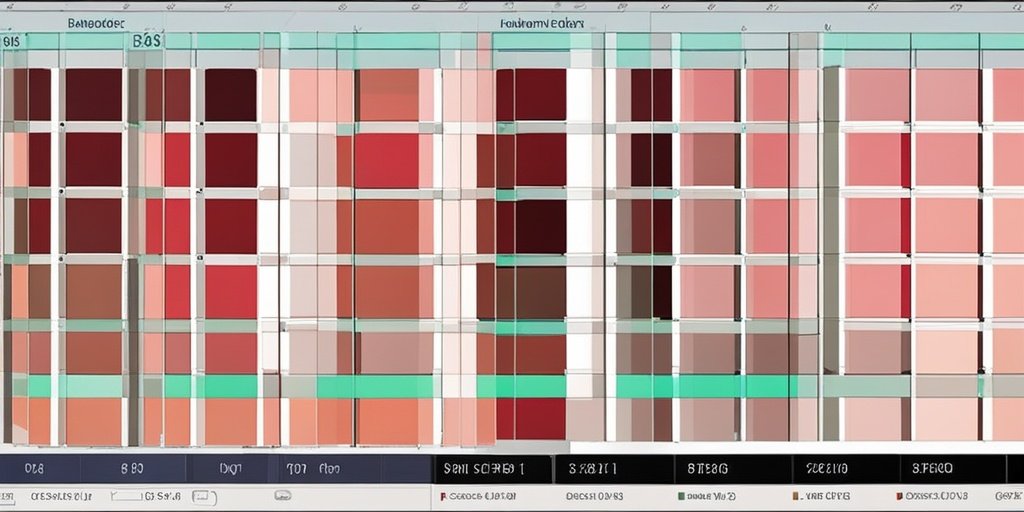⚡ Quick Summary
This groundbreaking study utilized a convolutional neural network (CNN) to analyze 2,799 melanocytic nevi (MN) in pregnant and non-pregnant women, revealing significant dermoscopic changes during pregnancy. Key findings include increases in diameter, area, and colour asymmetry in MN, particularly during the third trimester.
🔍 Key Details
- 📊 Participants: 25 pregnant and 25 non-pregnant women
- 🧩 Study Locations: Basel, Switzerland
- ⚙️ Technology: AI-assisted dermoscopic evaluation using CNN
- 📅 Study Timeline: Pregnant women examined three times; non-pregnant women twice
- 🔬 Total Nevi Analyzed: 2,799
🔑 Key Takeaways
- 📈 Significant Changes: MN in pregnant women showed increased diameter, area, and colour asymmetry.
- 🔍 Shape and Border: Shape asymmetry and border sharpness also increased during pregnancy.
- 📉 Ellipseness: A notable decrease in ellipseness was observed postpartum.
- 🕒 Timing of Changes: Most changes occurred from the third trimester to postpartum.
- 📊 Comparison with Non-Pregnant Women: MN on upper extremities showed increased area and diameter in pregnant women.
- 🌟 Importance of AI: The use of CNN provides a robust method for monitoring skin changes during pregnancy.
- 📅 Study Published: Acta Derm Venereol, 2025.

📚 Background
Changes in melanocytic nevi during pregnancy have been a subject of ongoing debate among dermatologists and obstetricians. While some studies suggest that nevi may increase in size or change in appearance, the extent and nature of these changes remain unclear. This study aims to clarify these changes using advanced AI technology, providing a comprehensive analysis of MN across various body parts.
🗒️ Study
Conducted in Basel, Switzerland, this prospective study included 25 pregnant women and 25 non-pregnant women. The participants underwent standard skin cancer screenings, and their MN larger than 2 mm were digitally recorded and analyzed using a market-approved convolutional neural network (CNN). Pregnant women were assessed during the first and third trimesters, as well as 8-12 weeks postpartum, while non-pregnant women were examined twice over a 17-21 week interval.
📈 Results
The analysis of 2,799 melanocytic nevi revealed that in pregnant women, there were significant increases in diameter (p < 0.001), area (p < 0.001), number of colours (p = 0.009), shape asymmetry (p = 0.005), and border sharpness (p = 0.006). Conversely, ellipseness decreased significantly (p < 0.001) from the first trimester to postpartum. Notably, MN on the upper extremities showed increased area (p = 0.011) and diameter (p = 0.025) compared to non-pregnant women.
🌍 Impact and Implications
The findings of this study have significant implications for dermatological practice, particularly in monitoring skin changes during pregnancy. By employing AI-assisted dermoscopic evaluation, healthcare professionals can gain a deeper understanding of how pregnancy affects melanocytic nevi, potentially leading to better screening and management strategies for skin health in pregnant women. This research highlights the importance of integrating technology into clinical practice for enhanced patient care.
🔮 Conclusion
This study represents a significant advancement in our understanding of melanocytic nevi changes during pregnancy. The use of AI technology not only enhances the accuracy of dermoscopic evaluations but also opens new avenues for research in dermatology. As we continue to explore the intersection of technology and healthcare, studies like this pave the way for improved patient outcomes and more informed clinical practices.
💬 Your comments
What are your thoughts on the impact of pregnancy on melanocytic nevi? We would love to hear your insights! 💬 Join the conversation in the comments below or connect with us on social media:
AI-assisted Total Body Dermoscopic Evaluation of Changes in Melanocytic Nevi during Pregnancy: A Prospective, Comparative Study of 2,799 Nevi.
Abstract
Pregnancy-associated changes in melanocytic nevi (MN), apart from size increase on the trunk, remain a topic of debate. We conducted the first prospective study to investigate dermoscopic changes in MN comparing pregnant with non-pregnant women on all body parts using a market-approved convolutional neural network (CNN). We included 25 pregnant and 25 non-pregnant women from Basel, Switzerland, who underwent standard skin cancer screenings and whose MN > 2 mm were digitally recorded and analysed by a CNN. Pregnant women were examined three times: in the first and third trimester and 8-12 weeks postpartum; non-pregnant women twice in an interval of 17-21 weeks. We analysed 2,799 MN. In pregnant women, diameter[p < 0.001], area[p < 0.001], number of colours [p = 0.009], shape asymmetry[p = 0.005] and border sharpness[p = 0.006] (inversely proportional value) increased while ellipseness [p < 0.001] decreased from first trimester to postpartum. Changes occurred mainly during the third trimester to postpartum. Compared to non-pregnant women (only first to third trimester) MN on the upper extremities of pregnant women increased in area[p = 0.011] and diameter[p = 0.025] and decreased in ellipseness[p = 0.037]. MN on the lower extremities increased in area[p = 0.044] and MN on the back increased in colour asymmetry[p = 0.022].
Author: [‘Peter JK’, ‘Helfenstein F’, ‘Cerminara SE’, ‘Maul JT’, ‘Zehnder ML’, ‘Jamiolkowski D’, ‘Roider E’, ‘Mühleisen B’, ‘Hösli I’, ‘Navarini AA’, ‘Maul LV’]
Journal: Acta Derm Venereol
Citation: Peter JK, et al. AI-assisted Total Body Dermoscopic Evaluation of Changes in Melanocytic Nevi during Pregnancy: A Prospective, Comparative Study of 2,799 Nevi. AI-assisted Total Body Dermoscopic Evaluation of Changes in Melanocytic Nevi during Pregnancy: A Prospective, Comparative Study of 2,799 Nevi. 2025; 105:adv41025. doi: 10.2340/actadv.v105.41025